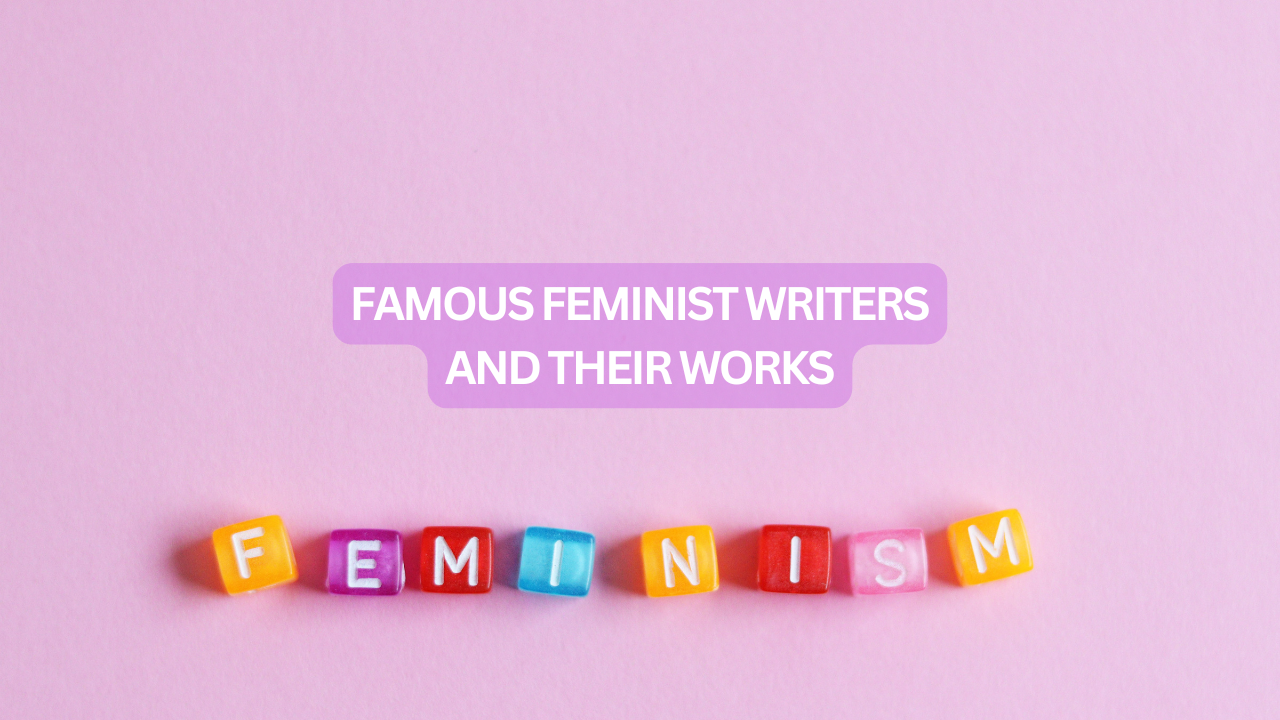Let’s be honest: the literary world wouldn’t be what it is today without the trailblazing women who used their pens to push boundaries and make some noise. From challenging traditional gender roles to advocating for equality, feminist writers have shaped the way we see the world—and ourselves—one page at a time. Let’s take a look at some of the most famous feminist writers and the works that made them legends.
Mary Wollstonecraft – A Vindication of the Rights of Woman (1792)
Ah, the OG feminist! Mary Wollstonecraft practically wrote the blueprint for feminism with her iconic work A Vindication of the Rights of Woman. In a time when women were expected to quietly sew and sip tea, Wollstonecraft was like, “Hold my teacup.” She argued that women should have the same educational opportunities as men because, shocker, we’re just as capable of reason and intellect. Without her, feminism might still be stuck in the Dark Ages, so thanks, Mary!
Virginia Woolf – A Room of One’s Own (1929)
Fast forward to the early 20th century, and we meet Virginia Woolf, a feminist icon who made waves with her essay A Room of One’s Own. The title alone is a metaphor for the literal and figurative space women need to create, think, and thrive. Woolf boldly stated that women writers need financial independence and a room of their own to produce great literature (and she wasn’t wrong). She also championed women’s voices in literature, questioning why so few women were in the literary canon. Hint: it wasn’t because they couldn’t write!
Simone de Beauvoir – The Second Sex (1949)
Simone de Beauvoir wasn’t just a feminist—she was a philosopher, a rebel, and the author of one of the most influential feminist texts ever: The Second Sex. De Beauvoir shattered the myth that women are “born” feminine and argued that society forces women into a passive role. Her famous line, “One is not born, but rather becomes, a woman,” still resonates today, and her work helped ignite the modern feminist movement. She basically deconstructed centuries of gender stereotypes, and we are forever grateful.
Betty Friedan – The Feminine Mystique (1963)
Jumping into the 1960s, we find Betty Friedan, whose groundbreaking book The Feminine Mystique sparked the second wave of feminism. Friedan’s work exposed the “problem that has no name”—the deep dissatisfaction many suburban housewives felt despite seemingly having it all. Friedan encouraged women to break free from the confines of domesticity and pursue careers, education, and lives outside of the home. If the 1950s were all about the housewife, The Feminine Mystique was the book that said, “There’s more to life than baking casseroles.”
Toni Morrison – Beloved (1987)
Toni Morrison isn’t just a feminist writer—she’s one of the greatest American writers, period. With her Pulitzer Prize-winning novel Beloved, Morrison tackles themes of race, gender, and motherhood with raw intensity. Set after the American Civil War, Beloved tells the haunting story of a formerly enslaved woman struggling with trauma, loss, and the power of maternal love. Morrison’s work offers a uniquely feminist and African American perspective, blending the personal with the political in a way that leaves readers forever changed.
Chimamanda Ngozi Adichie – We Should All Be Feminists (2014)
If you’re looking for a modern feminist voice that speaks with clarity and wit, look no further than Chimamanda Ngozi Adichie. Her TED Talk-turned-essay We Should All Be Feminists is a manifesto for today’s generation. With humor and sharp insights, Adichie breaks down what feminism really means and why it’s still necessary in the 21st century. She emphasizes that feminism is for everyone—men, women, and everyone in between. She’s also known for her novels like Half of a Yellow Sun and Americanah, which tackle race, identity, and womanhood.
Gloria Steinem – Outrageous Acts and Everyday Rebellions (1983)
Gloria Steinem is a feminist icon who made activism cool. With her collection of essays, Outrageous Acts and Everyday Rebellions, Steinem covers a wide range of feminist issues, from gender inequality to reproductive rights. One of the most famous pieces in the book, “If Men Could Menstruate,” hilariously flips the script, imagining how periods would be a badge of honor if men had them. Steinem’s witty, bold style made feminism relatable, accessible, and, yes, even fun.
Why These Feminist Writers Matter
What ties all these writers together is their determination to break the status quo and challenge the deeply entrenched gender norms of their times. They didn’t just write books—they launched revolutions, changed minds, and opened doors for future generations of women (and men) to think more critically about gender equality.
Their works aren’t just feminist manifestos—they’re literary gems that speak to the human experience. Whether you’re diving into Woolf’s musings on creativity, Morrison’s heartbreaking characters, or Adichie’s calls for equality, these writers give us new ways to see the world and remind us that the fight for gender equality is far from over.
So, the next time you’re looking for a read that’s as powerful as it is thought-provoking, pick up a book from one of these feminist icons. You’ll come for the brilliant writing and stay for the revolution!

My heartfelt thanks for you writing entry exquisite blog post!